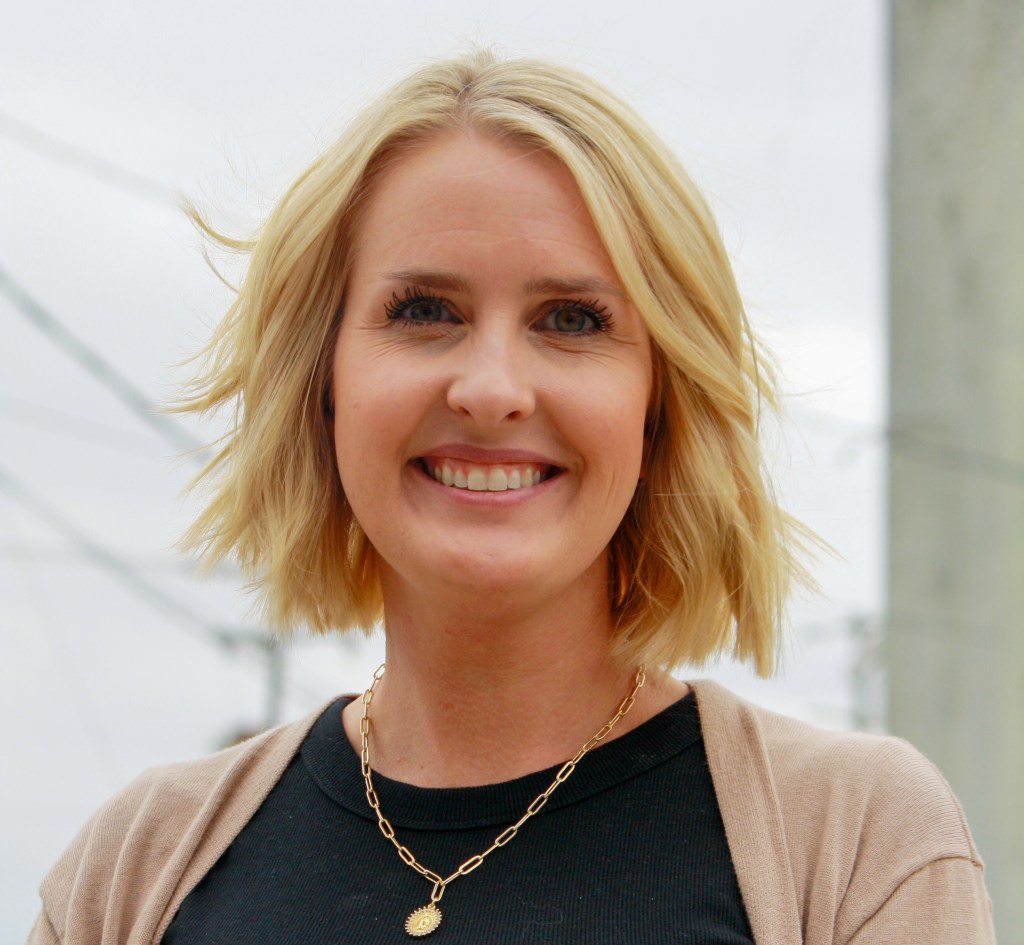Placed: Adoption education for Louisiana
Published 12:00 pm Thursday, January 25, 2024

- Kate Migues runs Placed Adoption Education Foundation on her own, travelling to different schools and pregnancy centers to equip people with the most knowledge she can.
Placed Adoption Education is here to inform students and adults across Acadiana.
Kate Migues started Placed Adoption Education in August 2023 to fulfill a Louisiana Statute which required adoption education in all schools, both public and private, around the state. Her reason for starting the program runs deeper, however.
Migues is a teacher of 15 years, and first learned about the statute when teaching a high school health class. So she started asking around about the resources available for the statute and how teachers are training to address the complicated nature of adoption, and she found nothing.
“I realized it was something people felt intimidated by and was so complicated, that it was just easier to overlook it. When it’s something that’s not applicable on a standardized test, it’s something that, maybe, people feel is worth pushing it to the side,” Migues said.
Placed allows Migues to combine the two worlds she is deeply rooted in to meet: education and adoption. Migues and her husband adopted two newborns from the same mother. Their four-year-old daughter, underwent a relatively simple adoption process, but the adoption of their two-year-old son, ran into complications involving a parental custody battle in court. In her time preparing to adopt and undergoing the contested adoption, Migues gained a deeper understanding of the legal processes. Since adopting, she has also gained a deeper understanding of the mental aspects of the adoption process.
“It’s meeting the standards from a place of experience and passion about the subject,” Migues said.
Placed utilizes a process somewhat similar to education for suicide prevention, using expert guest speakers to adequately inform their students on a topic they aren’t equipped to teach. Migues works as a one-woman-show, and runs age-appropriate programs for both adults and students alike. She operates adaptable programs for high schools depending on the grade and the goal of the class itself. The program could change between a health class and a family-studies class to fit the goals of each situation.
She also operates programs of different lengths, between one and three class periods. Every program provides a view of adoption from each member of what Migues calls the triad of adoption, including birth parents, adoptees, and adoptive parents, but presents them at different depths depending on the length of the program.
The programs address three different aspects of adoption. First is answering the question, “What if I want to grow my family through adoption one day?” To start the process, individuals have to understand why they may want to adopt, whether it be addressing a growing foster system or simply expanding their family.
Another third of her program is “planting the seed” of understanding what happens if someone finds themselves in an unexpected pregnancy and how adoption could be an option for them.
“Adoption starts with loss. It comes from a child losing their biological family, and that’s never what we want for any child, but in a situation where someone can’t parent their child, adoption is the life-giving option,” Migues said.
The final third of the program teaches students how to properly interact with adopted or foster children. Migues wants to guide children on how to ask meaningful questions and have deeper conversations with their foster or adopted counterparts with the appropriate language and respect.
“It teaches kids, especially in high school, why don’t we say tell me about your real mom, why didn’t your real mom want you. We don’t say those things, we can say biological mom or birth mom. We can say, do you have any contact with your biological family? There are words that we can use and questions we can ask that validate their journey and don’t make them feel like they are less than,” Migues said.
Migues provides the students and teachers with a variety of resources throughout her programs that they can utilize before and after, including a parent email that teachers can send home prior to the program to inform parents about what their child will be learning. She also offers a parent information session to explore the material deeply with the parents, however nobody has requested it yet.
Since starting her organization, Migues has branched out to provide programs at unexpected pregnancy centers because she doesn’t believe a woman experiencing a crisis pregnancy should be persuaded to do anything, but should instead be supplied with all of the information available to help her make a decision on her own. She plans to equip pregnancy centers around the area with the information necessary to adequately inform expecting mothers on what adoption is and how to pursue it if they wish. She doesn’t work directly with the expecting mothers because she doesn’t want to exclusively give the adoption side with no other alternatives.
Her other two education locations are church youth groups and families looking to adopt. Migues found the latter as particularly necessary as much of the information available online stems from individuals or organizations trying to persuade families to place their child for adoption.
“This instead, comes from a place of ‘Knowledge is power.’ It’s just information, and you do what you want from that,” Migues said.
Migues is looking to expand outside of the Acadiana and Teche areas by receiving approval from the state superintendent of schools. She can’t expand without that approval because many schools may view her program as distinctly pro-life, so receiving approval will show that the goals of the foundation are exclusively educational and not an attempt to persuade youth in any way.





